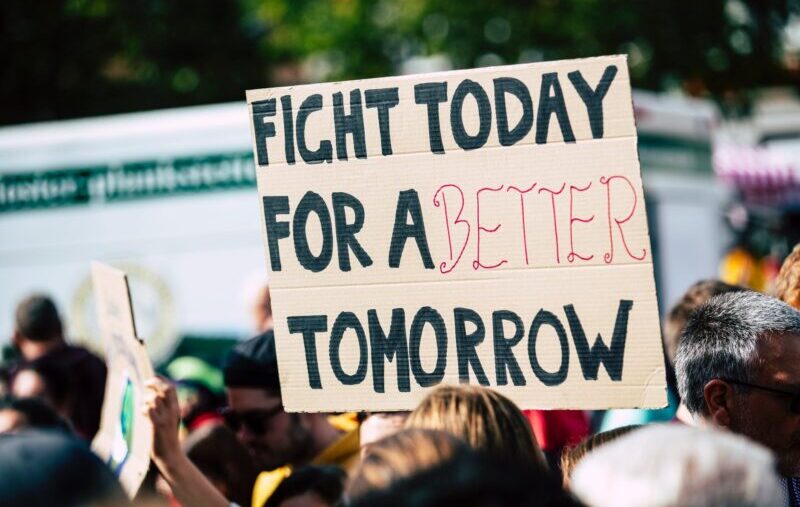Gimbel’s manager: “Why are you smiling like that?”
Buddy-the-Elf: “I just like to smile. Smiling’s my favorite.”
Gimbel’s manager: “Make work your favorite. That’s your favorite, ok? Work is your new favorite.”
I recently spoke with a student about her career plans. She’s feeling the tension between her growing sense of direction and purpose and her family’s expectations of transactional practicality. They want her to get a well-paying job. She wants that too, but in a way that allows her to do what she loves.
Her father’s never been happy with his work and he never expected to be. He believes that work is only meant to provide an income and that satisfaction in life comes from the quality of his personal experiences.
We are overwhelmed by dualistic thinking in our society. And when it comes to the workplace it’s sad…heartbreaking even…how willing so many people are to make this trade-off.
Trading time for money is a trap. It’s the legacy of the old corporate ethos that employees are commodities meant to be utilized and operationalized in the quest for even greater efficiency. In exchange for being treated like machines the corporation provided steady employment, medical benefits and a pension fund.
As that era of the long corporate experiment takes its final few breaths we are not left with a clean break from the past but rather a muddied set of interpretations about what the “new deal” should be, or if there should be one at all.
In the face of that unknown, the old pattern of thinking about what work means, what it should feel like and the role it should have in our lives remains largely intact. In the absence of a clearly defined “better,” the human condition is to stick with what we know.
While there are many companies working hard to set a new standard and many firms in existence to measure whether or not they really are, I remain dubious. In part, because the “best places to work” industry feels like the corporate replica of the much maligned college rankings. It’s a game of putting a shine on something that might not be so shiny, after all.
It’s the anecdotal evidence of people like my student’s father that make me take pause. If so many companies are creating meaningful, human centered workplaces, why are so many people still so disenchanted with their work? I think it’s because they expect to be burned, because our faith in institutions remains at a historic low, and that it’s much easier to say “it’s just a job” than to invest that job with any level of personal meaning that, if compromised, would be devastating. Could this explain why, after all of the studies of employee engagement and all of the dollars spent to increase it, the numbers just won’t budge?
I don’t know and I’m not sure we’ll ever know. What I do know is this: it’s possible that “smiling is my favorite” and “work is my favorite” can coexist. It’s possible that our workplaces can foster and facilitate a more human-centered experience while also achieving extraordinary results. It’s possible that we can find employment that feeds our bank account as well as our emotional reserves. It’s all possible.
Will we expect it? Will we work for it?
DAVID BERRY is the author of “A More Daring Life: Finding Voice at the Crossroads of Change” and the founder of RULE13 Learning. He speaks and writes about the complexity of leading in a changing world. Connect with him on Twitter at @berrydavid.




